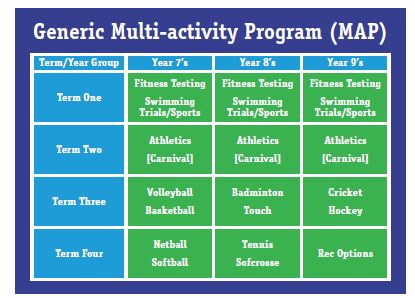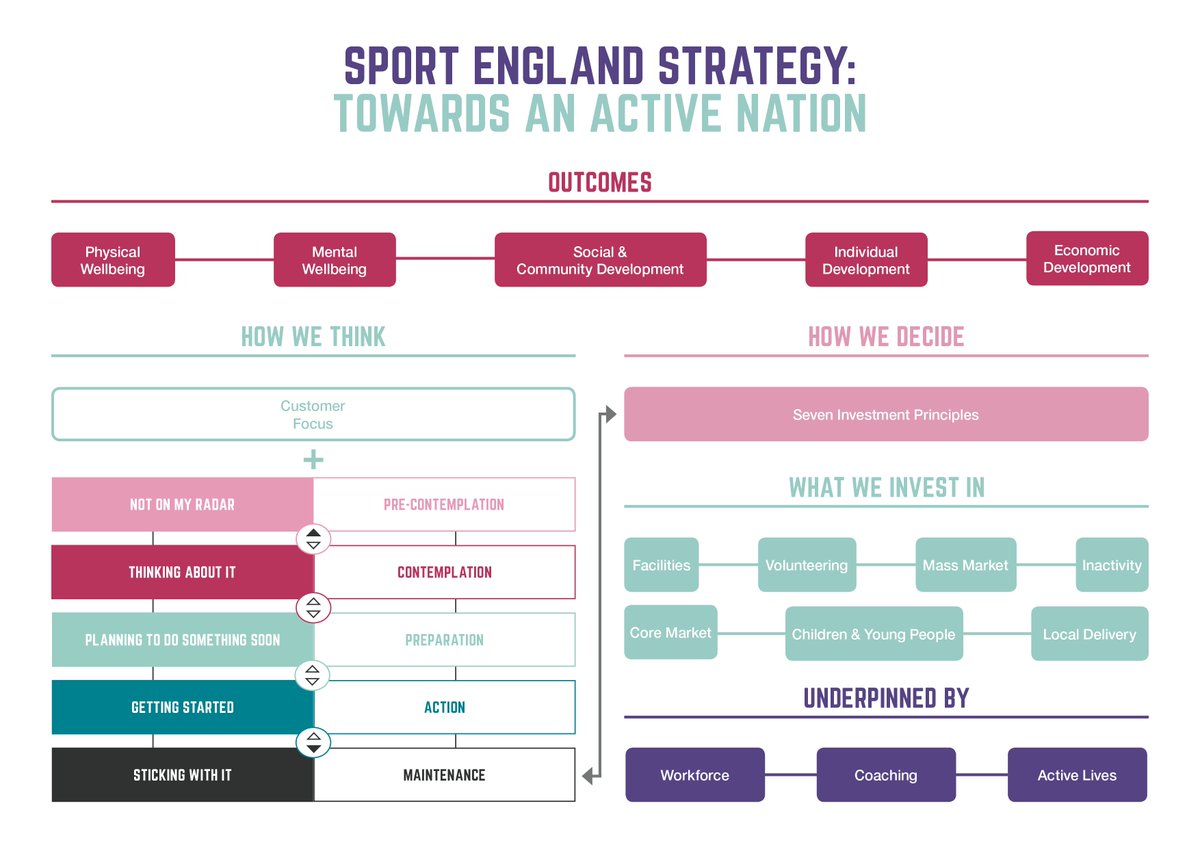
"A proliferation of competing narratives is characteristic of the phase Thomas Kuhn calls ‘proto-science’ [...] This is where learning/training/education is today: proto-science. A mixed bag of popular stories about how people learn" - @shackletonjones 👀
aconventional.com/2020/05/just-s…
aconventional.com/2020/05/just-s…
"I write this having recently read a number of comments/posts to the effect that learning ‘is just too complicated’ that there are always ‘many right answers’ or ‘everything depends on context’. This is the pre-evolutionary position: it’s all too complicated for a simple answer.
"One of the tell-tale signs is the sheer number of learning theories which are ‘creationist’ in nature – by which I mean that they are stories one can only tell about humans. Any time a learning theory can only meaningfully be applied to humans [...] we should take care" 👏
This 👆 is the problem "How People Learn" author @shackletonjones endeavoured to address with his "affective context model" & a key thought:
"We don't remember experiences. We encode reactions to experiences, and use these feelings to reconstruct them.
"We don't remember experiences. We encode reactions to experiences, and use these feelings to reconstruct them.
Here's a great five(ish) minute @shackletonjones provocation around what getting beyond "dumping content" might all mean in real-world practice. Includes "resources not courses" & building challenging experiences WITH your audience, not FOR your audience👀
• • •
Missing some Tweet in this thread? You can try to
force a refresh


![[...] to help girls [...] fall in love with our game at a yo](https://pbs.twimg.com/media/ElvpF7KWkAc3OKQ.jpg)
![[...] 90% of schools (primary/secondary) in England to be pa](https://pbs.twimg.com/media/ElvpIZlXgAYSvLw.jpg)
![[...] 90% of schools (primary/secondary) in England to be pa](https://pbs.twimg.com/media/ElvpJ07XYAA2cgC.jpg)


![[...] a musician exemplifies wayfinding by emotionally engag](https://pbs.twimg.com/media/Elm6oHRXUAIjr1c.png)



